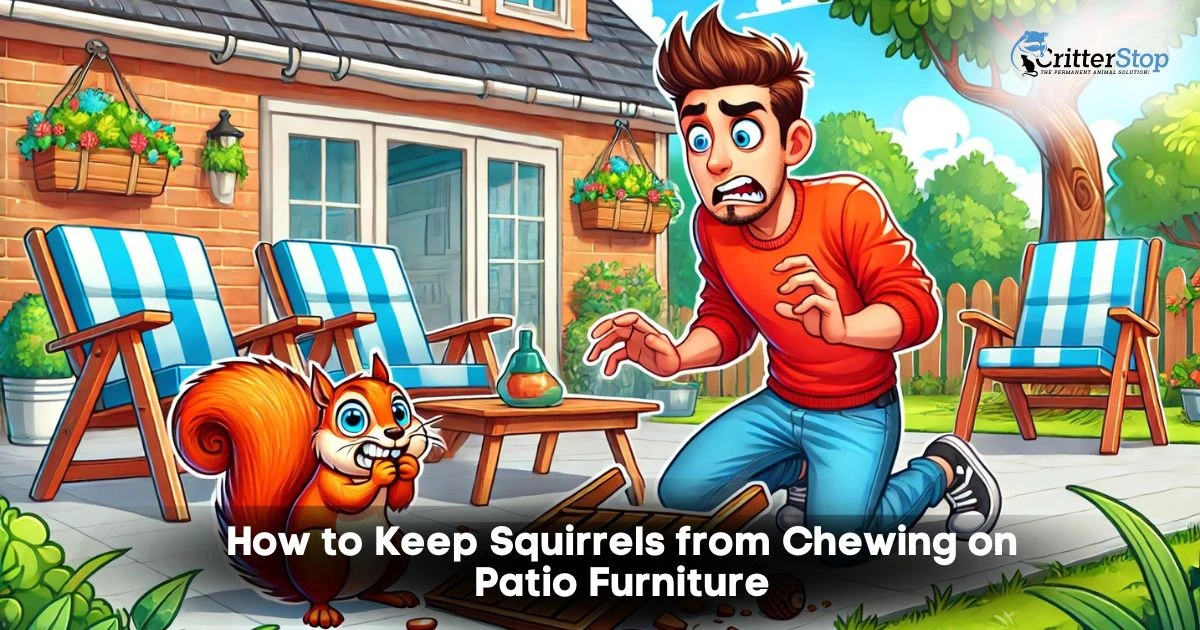
Squirrels may be small, but their persistent chewing can wreak havoc on your patio furniture. Their strong, ever-growing teeth compel them to gnaw on various surfaces, including wood, plastic, and metal. Patio furniture often becomes a prime target, especially when squirrels search for materials to grind down their teeth or build nests. This article will explore effective ways to keep squirrels from chewing on patio furniture, ensuring your outdoor space remains damage-free.
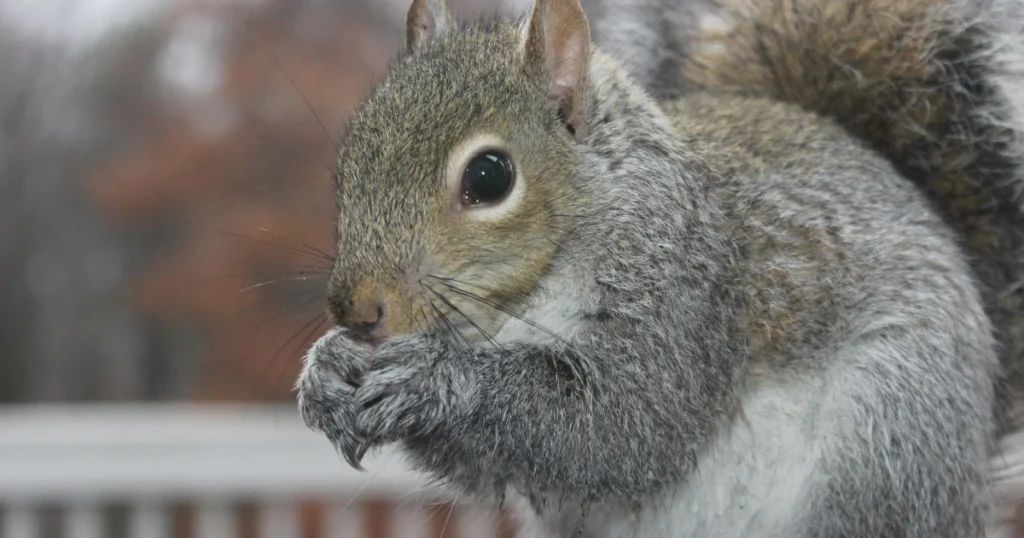
Squirrels’ chewing habits are not random—they serve an important biological purpose. A squirrel’s teeth never stop growing, so they constantly need to gnaw on objects to keep their teeth at a manageable length. Unfortunately, patio furniture made of wood, plastic, or even metal provides an irresistible opportunity for these rodents to sharpen their teeth.
Squirrels will chew on a wide variety of materials. Some materials found in patio furniture are particularly attractive:
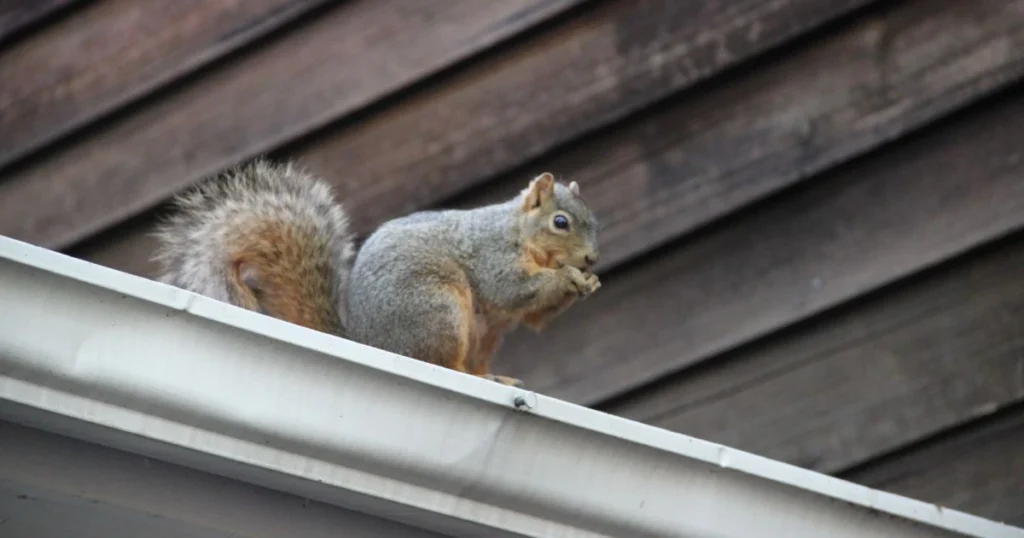
There are several practical strategies to deter squirrels from chewing on your outdoor furniture. The key is implementing a combination of methods that make your patio less attractive to these critters and protect your furnishings from damage.
One of the simplest and most effective ways to deter squirrels is using squirrel repellent sprays. These sprays leave a bitter or unpleasant taste on surfaces, discouraging squirrels from chewing. Opt for non-toxic, pet-safe sprays that contain ingredients such as cayenne pepper, garlic, or vinegar, which squirrels find repulsive. Regular application will help maintain protection, particularly in areas frequently targeted by squirrels.
Capsaicin, the active ingredient in cayenne pepper, is a highly effective deterrent for squirrels. When sprayed or applied to furniture, the spice irritates squirrels' mouths, discouraging them from further gnawing. To make a capsaicin spray, mix cayenne pepper with water and a small amount of dish soap, then apply it to areas where squirrels are known to chew. Reapply after rain or exposure to the elements to maintain effectiveness.
Motion-activated devices can incredibly effectively keep squirrels away from your patio furniture. Motion-activated sprinklers are particularly useful as they deliver a sudden burst of water when triggered by movement, startling the squirrels and encouraging them to stay away. Additionally, ultrasonic devices or motion-activated lights can deter squirrels by emitting sounds or flashes of light when they come too close.
Another effective approach is to give squirrels something else to chew on. You can divert squirrels' attention away from your patio furniture by providing chewing blocks made from untreated wood or mineral blocks elsewhere in your yard. This method works well with other deterrents to help prevent furniture damage.
Covering your patio furniture with durable, squirrel-proof covers when not in use is a simple yet effective way to prevent squirrels from chewing on it. Heavy-duty covers made from vinyl or canvas can shield your furniture from elements and squirrel damage. Ensure the covers fit securely and are tightly fastened to prevent squirrels from sneaking underneath.
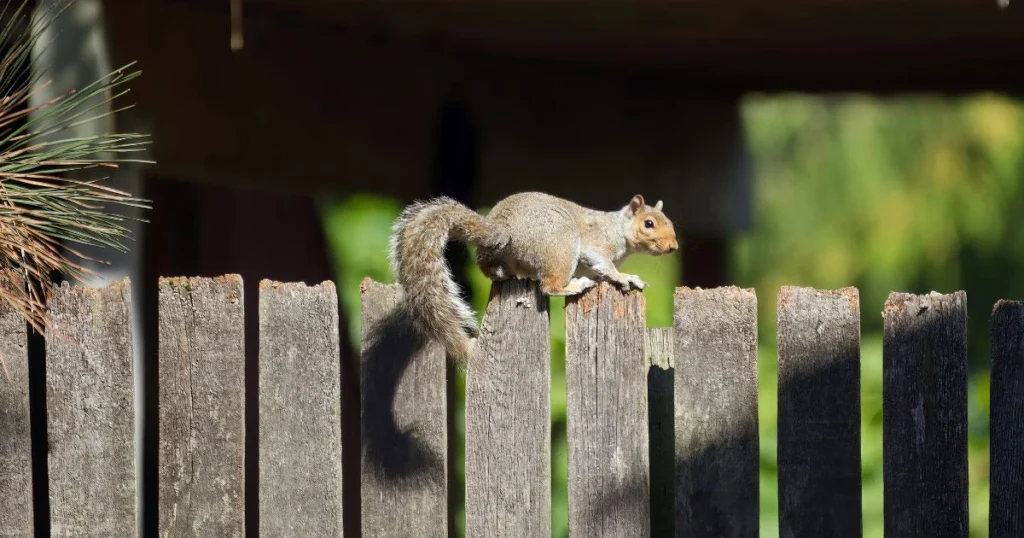
Depending on the material of your patio furniture, certain protection methods will be more effective than others. Below, we outline the best ways to protect different types of furniture from squirrel damage.
Wood is particularly attractive to squirrels, but you can deter their chewing by applying a protective coating. Use a non-toxic varnish or polyurethane to create a smooth surface that squirrels are less likely to gnaw on. Applying a bitter-tasting wood sealant can discourage squirrels from chewing on wooden furniture.
Spraying a non-toxic repellent or capsaicin solution on plastic furniture will keep squirrels away. Because plastic surfaces can be harder to protect, consider covering the furniture when it’s not in use to add a layer of defense.
While squirrels less commonly chew metal furniture, they can still be targeted if it has a rusty or textured surface. Regularly cleaning and maintaining metal furniture can make it less attractive to squirrels. You can also apply a layer of squirrel repellent to any vulnerable areas.
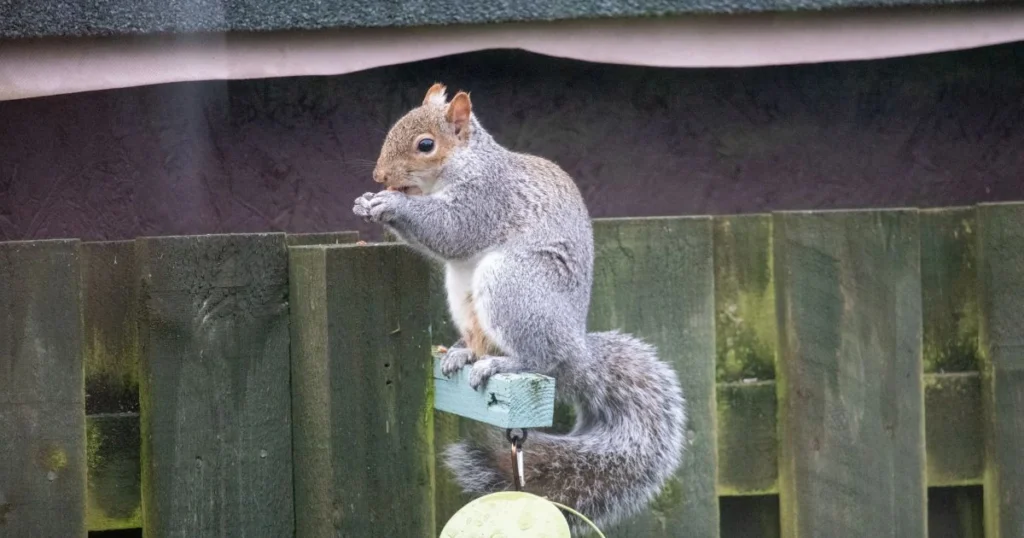
Squirrels may also target other outdoor items like cushions, planters, and umbrellas. Protect these items with the following strategies:
For more persistent squirrel issues, long-term solutions may be necessary to protect your outdoor furniture from damage.
Squirrels are often attracted to yards because of the food available. Removing bird feeders, securing trash bins, and clearing away fallen fruits or nuts can make your outdoor space less inviting to squirrels.
Installing fencing or barriers around your patio or garden can physically prevent squirrels from accessing your furniture. Consider mesh fencing with small gaps that squirrels cannot squeeze through. Ensure the fence is tall enough to deter climbing.
Squirrels are naturally afraid of predators. Using predator decoys, such as fake owls or snakes, can help scare them away from your patio. Alternatively, having a pet dog or cat can be a natural deterrent, as squirrels are less likely to venture into an area patrolled by a predator.
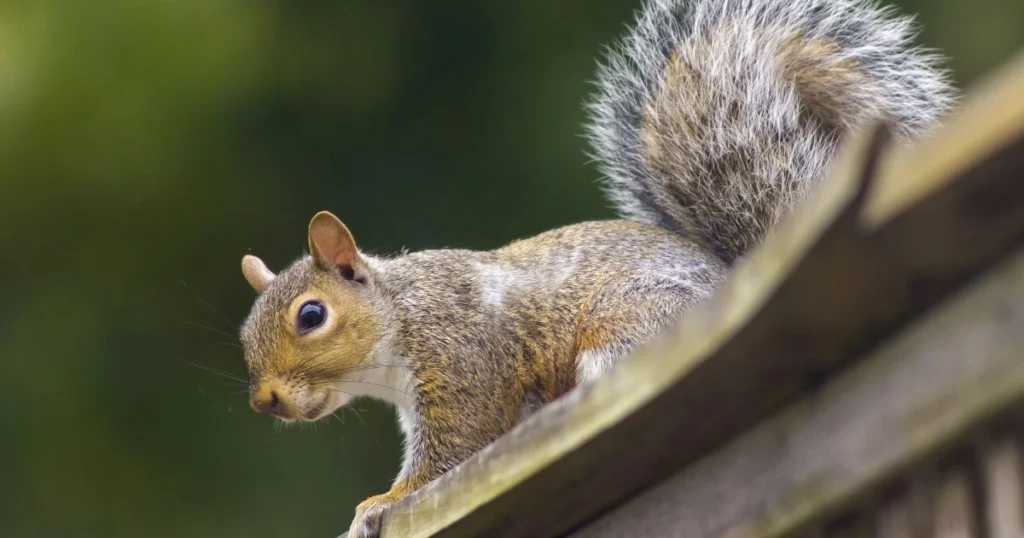
Squirrels chewing on patio furniture is a common issue, but with the right strategies, you can protect your outdoor space and keep your furniture intact. Several methods are available to deter these persistent rodents, from using squirrel-repellent sprays and motion-activated devices to covering furniture and eliminating food sources.
If you're facing ongoing problems with squirrels or other wildlife, it's time to call in the experts. Critter Stop offers professional, humane wildlife removal services to help you protect your property.
With its fantastic reputation and excellent customer reviews, Critter Stop is known for providing high-quality work and outstanding customer service. For a free inspection and a personalized solution to your squirrel or wildlife problem, contact Critter Stop at (214) 234-2616 or visit their website at www.critterstop.com.
This section answers common questions about preventing squirrels from damaging your patio furniture, fences, and outdoor spaces. These FAQs provide quick, effective solutions to help you protect your outdoor areas from squirrel activity.
To prevent squirrels from damaging patio furniture, you can use repellent sprays, cover the furniture, or provide alternative chewing materials.
Motion-activated deterrents, predator decoys, and removing food sources are great ways to keep squirrels off your porch.
Applying capsaicin sprays, covering furniture when not in use, and using motion-activated sprinklers are effective ways to keep squirrels away.
To keep squirrels off your fence, install mesh barriers, use motion-activated devices, or apply natural repellents like cayenne pepper.
Protect your furniture by using non-toxic repellents, covering it, and providing alternatives like wood blocks for chewing.
To prevent chewing, spray squirrel repellent on plastic furniture and store it in secure areas when not used.
Motion-activated devices, ultrasonic sound emitters, and predator decoys can stop squirrels from running on your fence.
To deter squirrels from chewing your patio furniture, regularly apply natural repellents, cover the furniture, and install motion detectors.
Visit our Critter Library and learn more about our furry friends







